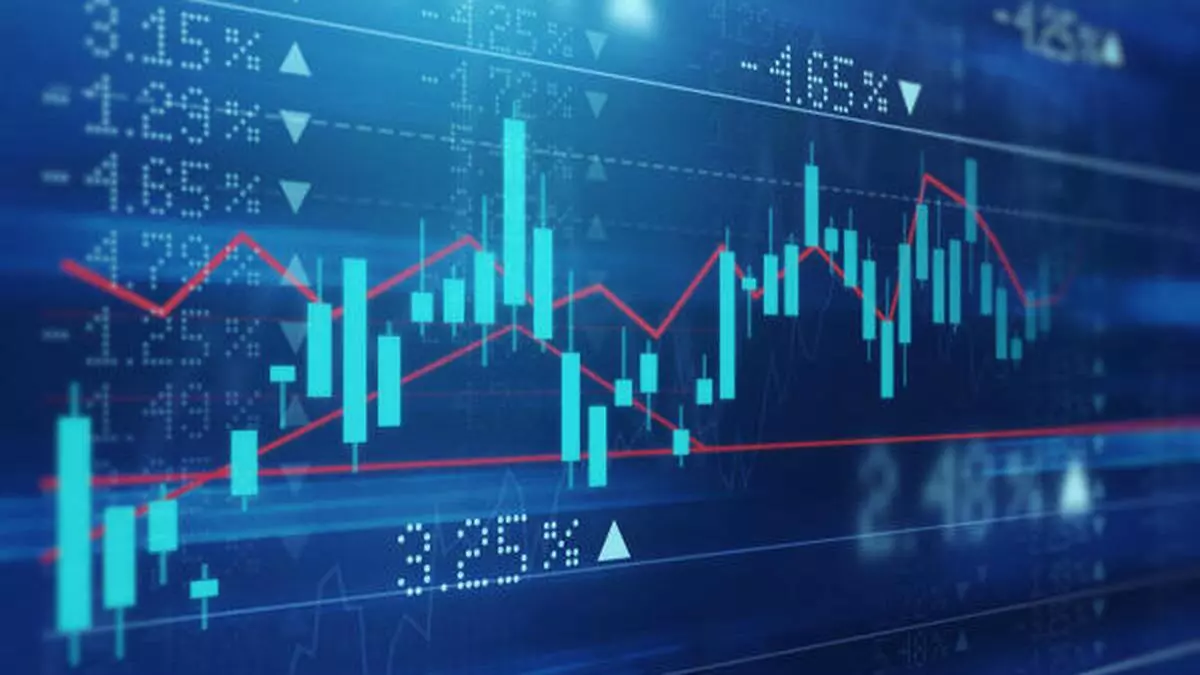FPIs increase Indian equities sell-off in May amid election concerns, favourable HK market valuations
Amid election outcome jitters, Foreign Portfolio Investors (FPIs) have turned even more aggressive in selling Indian equities with net outflows touching ₹28,242 crore this month as of May 17. FPIs had net sold equities worth ₹8,671 crore in April.
Since April 19, when first phase of elections started, FPIs have so far dumped Indian equities worth $6 billion (nearly ₹49,800 crore).
However, the FPI selling spree was largely neutralised in May 2024 by domestic institutions who have doubled down on their buying on the back of strong SIP inflows.
The latest data up to May 17 is the highest monthly FPI outflow so far this year and is even higher than the January 2024 FPI net outflows of ₹25,744 crore, data with depositories showed.
FPIs had net bought equities worth ₹1,539 crore in February 2024, ₹35,098 crore in March 2024.
On an aggregate basis, FPIs have till May 17 this calendar year net sold equities worth ₹26,020 crore, depositories’ data showed.
V K Vijayakumar, Chief Investment Strategist, Geojit Financial Services, said that the main trigger for the FPI selling has been the outperformance of Hong Kong’s Hang Seng Index which shot up by 19.33 per cent during the last one month. “FPIs are moving money from expensive markets like India to cheap markets like Hong Kong where the PE is around 10 compared to around 20 PE in India”, he said.
He highlighted that in the cash market, FPI selling stood at ₹35,532 crores through May 17. FPI cash market selling was almost matched by DII buying of ₹33,973 crores during this period, he said.
Uncertainty surrounding the election outcome also has contributed to heightened volatility in the Indian market, he said.
“Going forward, there is likely to be a dramatic change in FPI equity flows in response to election results. Political stability will attract huge inflows”, Vijayakumar said.
Vipul Bhowar, Director, Listed Investments, Waterfield Advisors, said this shift in FPIs’ behavior is not a random occurrence. It is a direct response to the ongoing geopolitical crisis in the Middle East, relative valuation discomfort and the strength of US bond yields. These factors have prompted FPIs to swiftly withdraw funds from their portfolios, a move that significantly impacts the Indian equities market, Bhowar added.
Sunil Damania, Chief Investment Officer, MojoPMS, said “We anticipate the market remaining volatile after June 4th. Once the election concludes, all eyes will be on the July budget announcement, triggering more speculation and potential market swings”.
There are two main reasons why FPIs have been selling in FY25. First, there’s uncertainty about the upcoming election. FPIs generally don’t like uncertainty; they prefer to play it safe and lock in the profits they made last year. Second, the market valuations are quite high, Damania added.
India VIX—Shoots up during polls
The India volatility index (VIX) —also known as a fear gauge—touched a high of 20.6 on Monday last, double the level of 10.20 on April 23. On Saturday (May 18), Nifty Vix closed at 20.52. This is the highest level since October 2022 indicating that markets are worried.
Inevitably, this has been linked to a fear of BJP’s final tally likely to be below market expectations. However, Nuvama Research said in a note that VIX tends to shoot up before elections. “Hence, on a standalone basis wouldn’t be worried about the recent moves up— if anything the VIX is still at levels lower than previous election cycles”, the Nuvama Research note added.
In general election year 2014, the VIX moved from 14.04 on February 21 to a high of 37.71 on May 9, 2014.
In the general election year 2019, VIX climbed from 14.9 on March 8 to 28.08 on May 17. In July post thumping victory for the BJP, it was down to 12.
Bhowar said “While the recent VIX surge may evoke memories of previous pre-election anxieties, its current trajectory sets it apart. The VIX behaviour during elections is comparable to other significant occurrences.
It often demonstrates a trend of escalating volatility as the event draws near, indicating heightened uncertainty and apprehension among investors. This aligns with historical patterns, where the VIX rises before major events”.
Vijayakumar said that the recent spike in the fear gauge VIX indicates a high level of uncertainty in the market.
